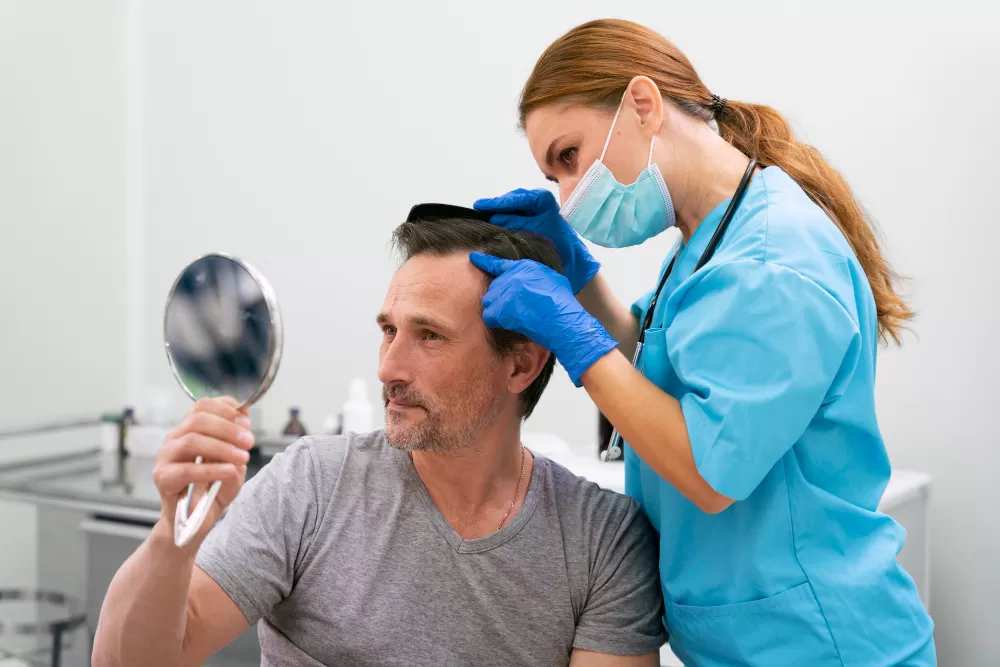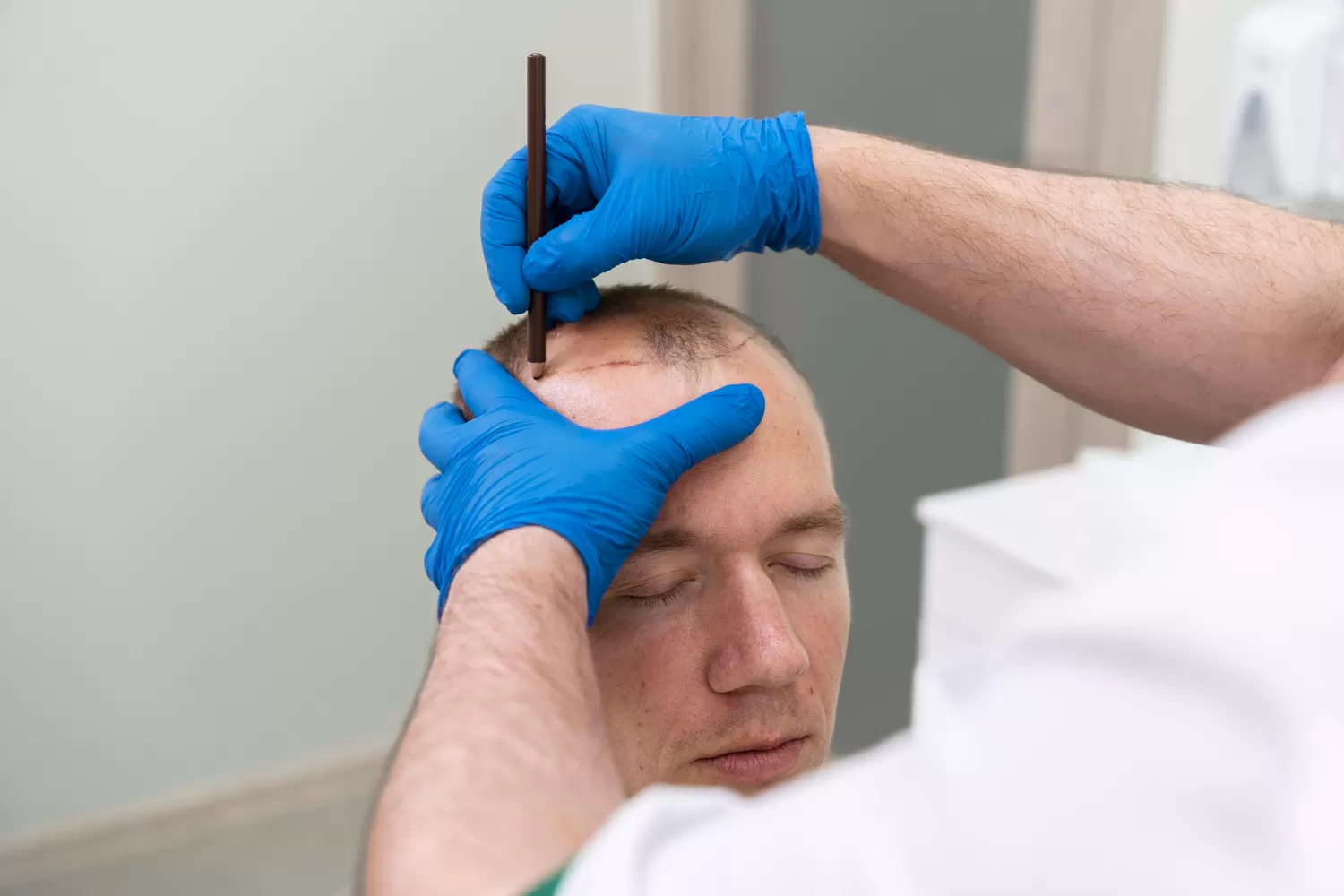Hair loss is not just an aesthetic issue—it can significantly affect an individual’s psychological well-being, social interactions, and even career progression. With today's advanced hair transplant techniques, lasting and natural-looking results offer substantial physical and psychological benefits. In this article, we explore in detail how hair transplantation influences self-confidence and social life.
1. Psychological Effects of Hair Loss
Hair loss often leads to feelings of aging, decreased attractiveness, and a loss of control. Especially when it begins at a young age, it can result in:
Social withdrawal,
Increased self-criticism,
Heightened risk of depression and anxiety,
Low self-esteem and insecurity.
2. Role of Hair Transplant in Enhancing Self-Confidence
By restoring natural and permanent hair in balding areas, hair transplantation significantly boosts an individual’s self-confidence. This change enables:
Feeling more attractive,
Increased participation in social activities,
Greater willingness to meet new people,
A more satisfied appearance in the mirror.
3. Reflections on Social Life
The positive change in appearance directly influences social life. Post-transplant individuals often show noticeable behavioral shifts, such as:
Speaking more confidently in public,
Making eye contact more comfortably,
No longer avoiding photos or videos on social media,
Being more active in friendships and romantic relationships.
4. Impact on Career and Professional Appearance
Hair is a critical part of first impressions. A natural and well-groomed appearance achieved through hair transplantation can make a difference professionally:
Greater confidence in interviews,
More positive impressions during client meetings,
Enhanced leadership qualities within a team,
Stronger presence during presentations or on camera.
5. Realistic Expectations and Psychological Readiness
Those considering hair transplantation should approach it with realistic expectations, rather than viewing it as a miracle fix. For optimal outcomes, it’s essential to:
Seek professional medical advice,
Receive psychological support if needed,
Undergo thorough preoperative counseling.
6. Social Adaptation After Hair Transplant
The post-procedure recovery period requires both physical and social adaptation. During this time:
Be prepared for comments from close circles,
Use accessories like hats for temporary comfort in social settings,
Gradually adjust to the new look and integrate it into social life.
Conclusion
Hair transplantation is not merely a physical transformation—it also brings a profound renewal to one’s inner world. Increased confidence, improved social skills, and professional advantages highlight why it has become such a popular solution. Those who approach the process with proper planning gain a more positive outlook on life through both outer appearance and inner peace.





No comments yet. Be the first to comment!